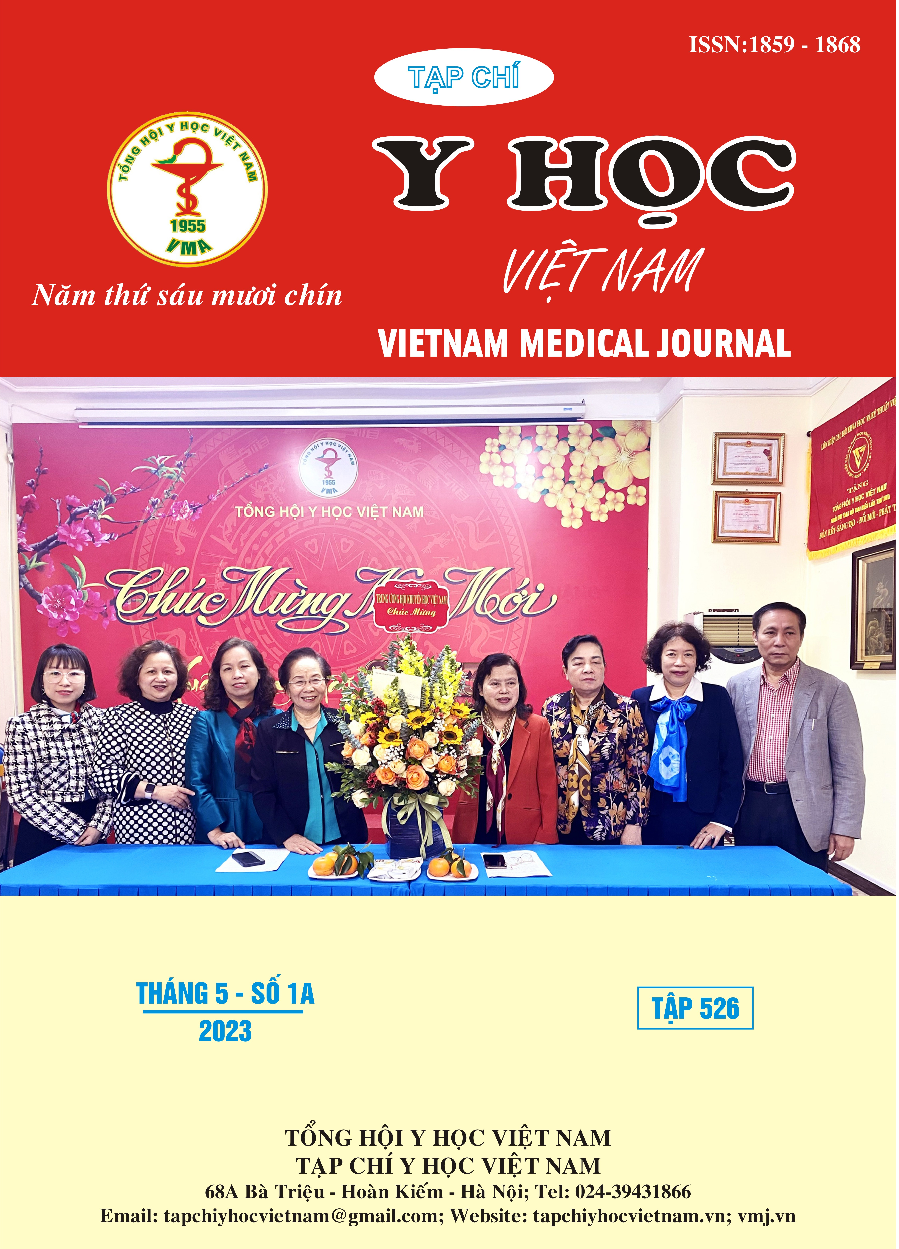LEADERSHIP STYLES OF NURSING STUDENTS AT THAI NGUYEN UNIVERSITY OF MEDICINE AND PHARMACY
Main Article Content
Abstract
Introduction: Leaders are the ones who lead and create an impact on others and do not necessarily hold a managing position. The development of leadership competencies should be initiated in schools. This study was conducted to describe the leadership styles of nursing students. Methodology: Participants in this cross-sectional study were 140 students of the regular bachelor of nursing program at Thai Nguyen University of Medicine and Pharmacy. Data was collected by the Leadership Style Questionnaire, which helped to assess three leadership styles. They were autocratic, democratic, and laissez-faire styles. The total score for each style ranged from 0 to 30. The higher score reflected a higher trend toward the relevant style. Findings: The mean scores of each style, from highest to lowest, were 22.41 ± 2.47 (democratic), 20.09 ± 2.66 (autocratic), and 18,45 ± 3,08 (laissez-faire). All the mean score differences among the three styles were statistically significant (p <0.001). The prevalence of students who demonstrated a high score in democratic, autocratic, and laissez-faire styles were 70.7%, 45.0%, and 30.0%, respectively. Conclusion: Nursing students were most prone to democratic leadership style, then autocratic and laissez-faire. However, the mean scores of all the styles were only modest, indicating that no styles were prominent.
Article Details
Keywords
leadership styles, nursing students, nursing management
References
2. Bahreinian, M., Ahi, M., & Soltani, F. (2012). The relationship between personality type and leadership style of managers: A case study. Mustang Journal of Business and Ethics, 3, 94
3. Jodar I Solà, G., Gené I Badia, J., Hito, P. D., Osaba, M. A., & Del Val García, J. L. (2016). Self-perception of leadership styles and behaviour in primary health care. BMC health services research, 16(1), 572.
4. Perreault, D., Cohen, L. R., & Blanchard, C. M. (2016). Fostering transformational leadership among young adults: a basic psychological needs approach. International Journal of Adolescence and Youth, 21(3), 341-355
5. Peter G. N. (2009). Introduction to Leadership: Concepts and Practice.SAGE Publications, 2009
6. Peterson, T., & Peterson, C. (2012). What Managerial Leadership Behaviors do Student Managerial Leaders Need? An Empirical Study of Student Organizational Members. Journal of Leadership Education, 11(1), 102-120
7. Rodríguez, R. G., & Villarreal, A. (2003). Promoting student leadership on campus-Creating a culture of engagement. Intercultural Development Research Association Newsletter, May 2003


